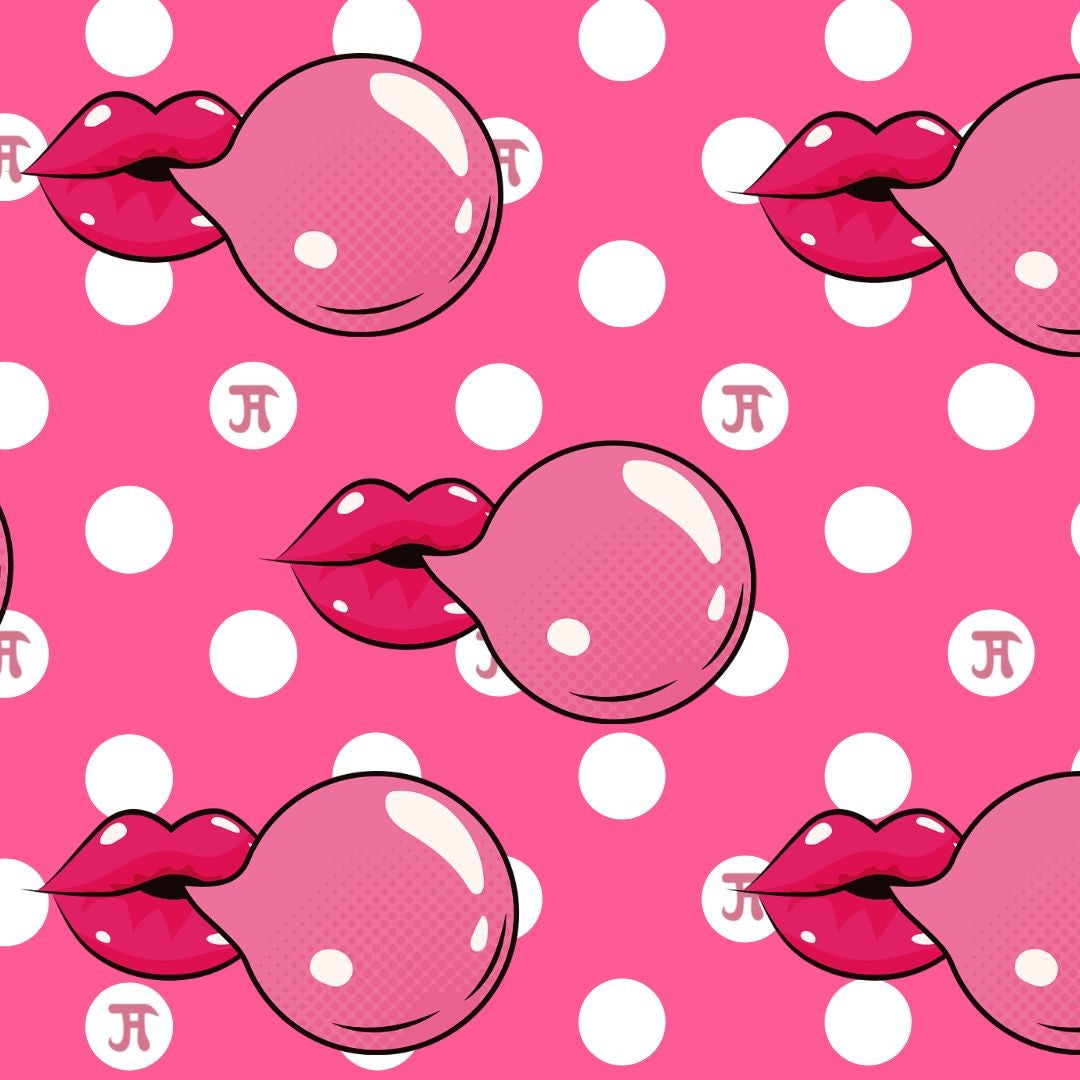Baby Boom or baby Crash???
You would think that all this confinement (and not much to do) would lead to a spike in our Baby-Making? The answer may surprise you! The trend is actually showing a Baby-Crash…
The "confinement babies", conceived from March 2020 have begun to arrive. Most of us were sure that this forced confinement, and working from home conditions would lead to an all-time-high birth rate. It’s not. Are you surprised?

Show me!
In fact, statistics are showing a significant decrease in 2020, in maternity hospitals worldwide. 2021 is even lower. It’s declining and continues to do so. Globally, the fog remains thick as signs of a future "baby crash" are multiplying.

Yeah, but Why??
For months, researchers have been studying the hypothesis of a decline in births. Surveys show that people are actually postponing the time when they will have babies, and many of them have simply given up on the idea. Such inhibition in times of crisis is nothing new. Historically, we have observed that economic shocks in developed countries have upset birthrates.

A planet less populated?
Economists estimate that the Pandemic will drop the number of births in the United States by around 10% in 2021; that’s approximately half a million less citizens, in this country alone. This decline has the magnitude equivalent to the one which followed the Spanish influenza pandemic of 1919 and the Great Depression of the 1930s. Globally, the decline in the birth rate could reach 15% in 2021, an impact on the world’s population 10 times greater than the number of deaths due to Covid-19.

No sex, Baby
Are you wondering just how a health crisis affects a couple’s decision NOT to procreate? The virus has many types of effects, economical, and environmental. We know that younger adults infected with Covid-19 did not succumb to the virus as much as their older counterparts. However, the virus has affected fertility in both young men and women, with stress, being the number one cause. Couples report having less sex since the beginning of the confinement. The most lasting psychological effect is undoubtedly the economic impact of the crisis, such as loss of a jobs or fear of unemployment, which have a big influence on the decision to start or expand a family. It didn’t help that several fertility clinics shut down operations since 2020.

Baby incentive?
Several countries’ governments have implemented emergency funds, awarded to parents birthing children up until 2022. They go up as high as $3000 per child born. What do you think of these measures? Would a cash incentive sway you into making a baby? Are you surprised by these findings? We would love to hear from you!
Shop Justine Haines Collection



